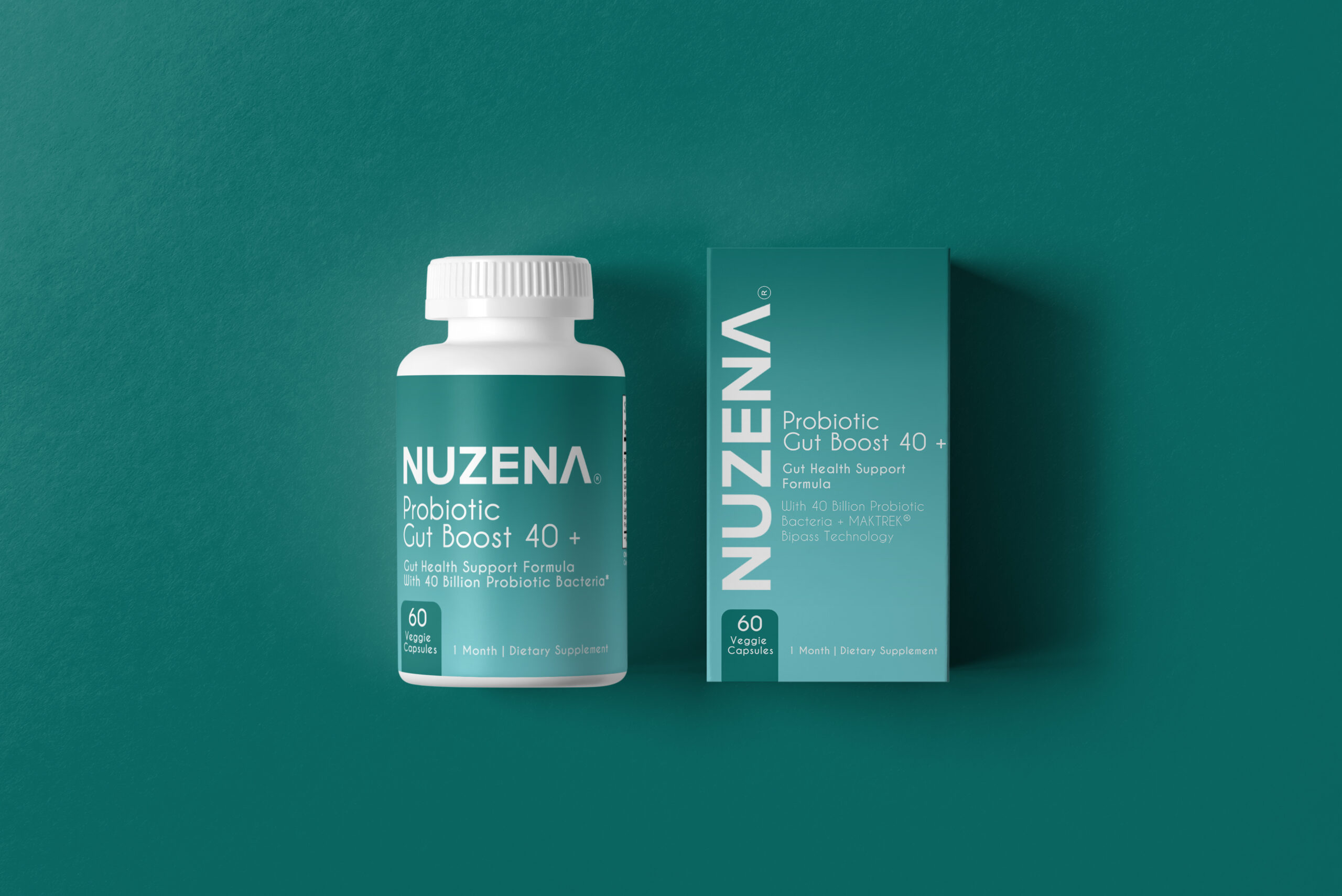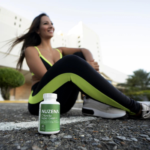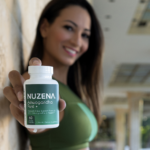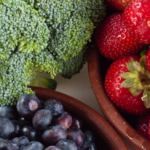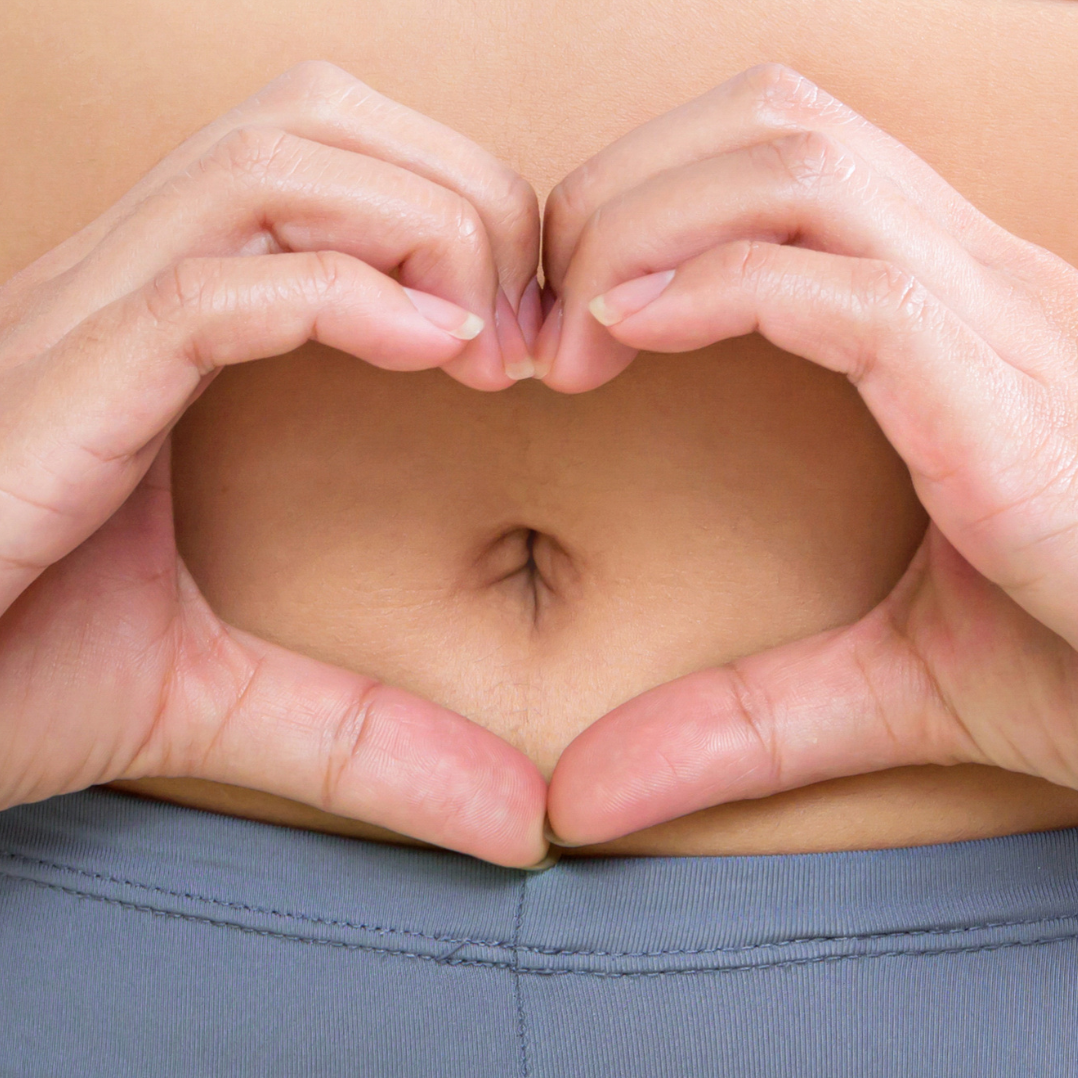
Worst Foods for Gut Health: A Comprehensive Guide
The center of your body’s immune system and the home to trillions of bacteria crucial to your well-being is your gut. The gut is more than just a digestive system. Your gut health is significantly affected by your diet. Some foods can help nourish your gut flora, while others can worsen inflammation, disrupt the balance of your microbiome, and lead to various health issues. In this blog post, we’ll examine the foods that harm gut health and suggest ways to maintain a healthy and happy gut.
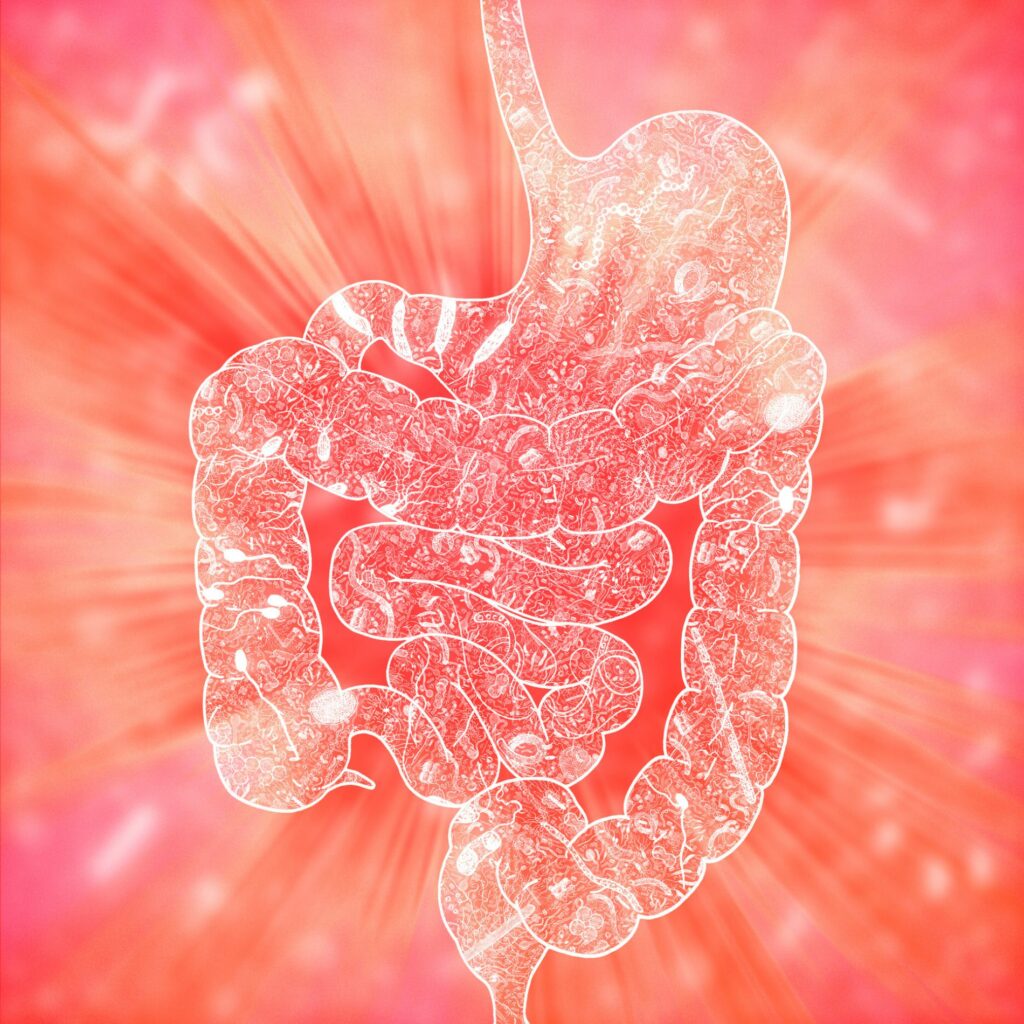
Refined Sugar
To improve your gut health, it is best to avoid consuming sugar. Refined sugar is particularly harmful as it can nourish harmful yeasts and bacteria in your stomach. This can lead to leaky gut syndrome, inflammation, and a weakened immune system. Foods such as baked products, sweets, and soda, which contain added sugars, should be avoided.
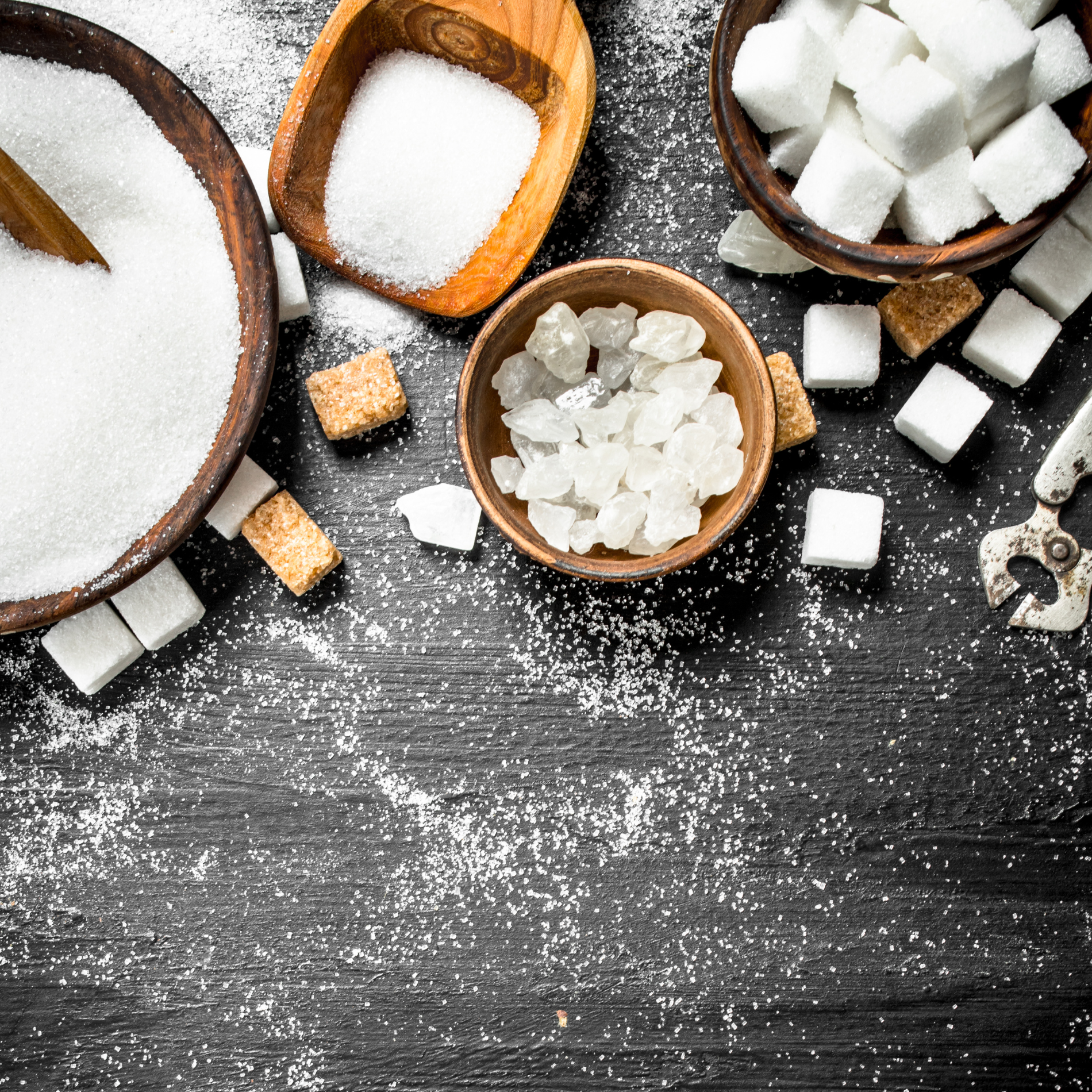
Processed Foods
Processed food is another culprit that can harm your gut health. These foods often contain high amounts of synthetic chemicals, preservatives, and other ingredients that can harm your gut microbiota and trigger inflammation. To maintain a healthy gut, it’s best to stick to whole, unprocessed foods, such as fruits, vegetables, and lean proteins.
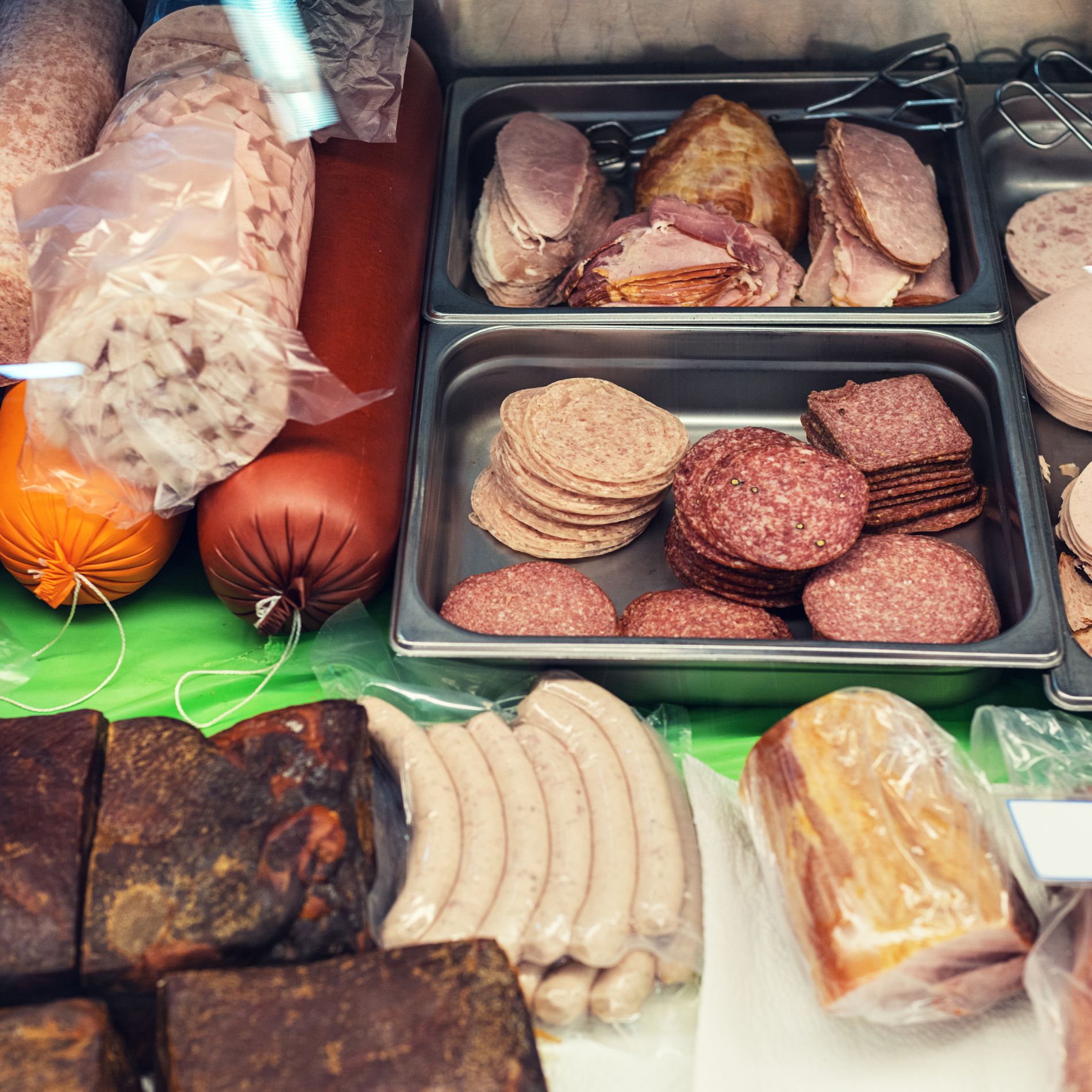
Trans Fats
Processed meals, such as fried dishes, baked products, and snacks, often contain unsaturated fats known as trans fats. These fats can be very inflammatory and damage the lining of your gut, leading to leaky gut and other health problems. To avoid trans fats, it’s best to avoid products that contain them. Try to choose healthier fats like olive oil, avocado, and almonds.
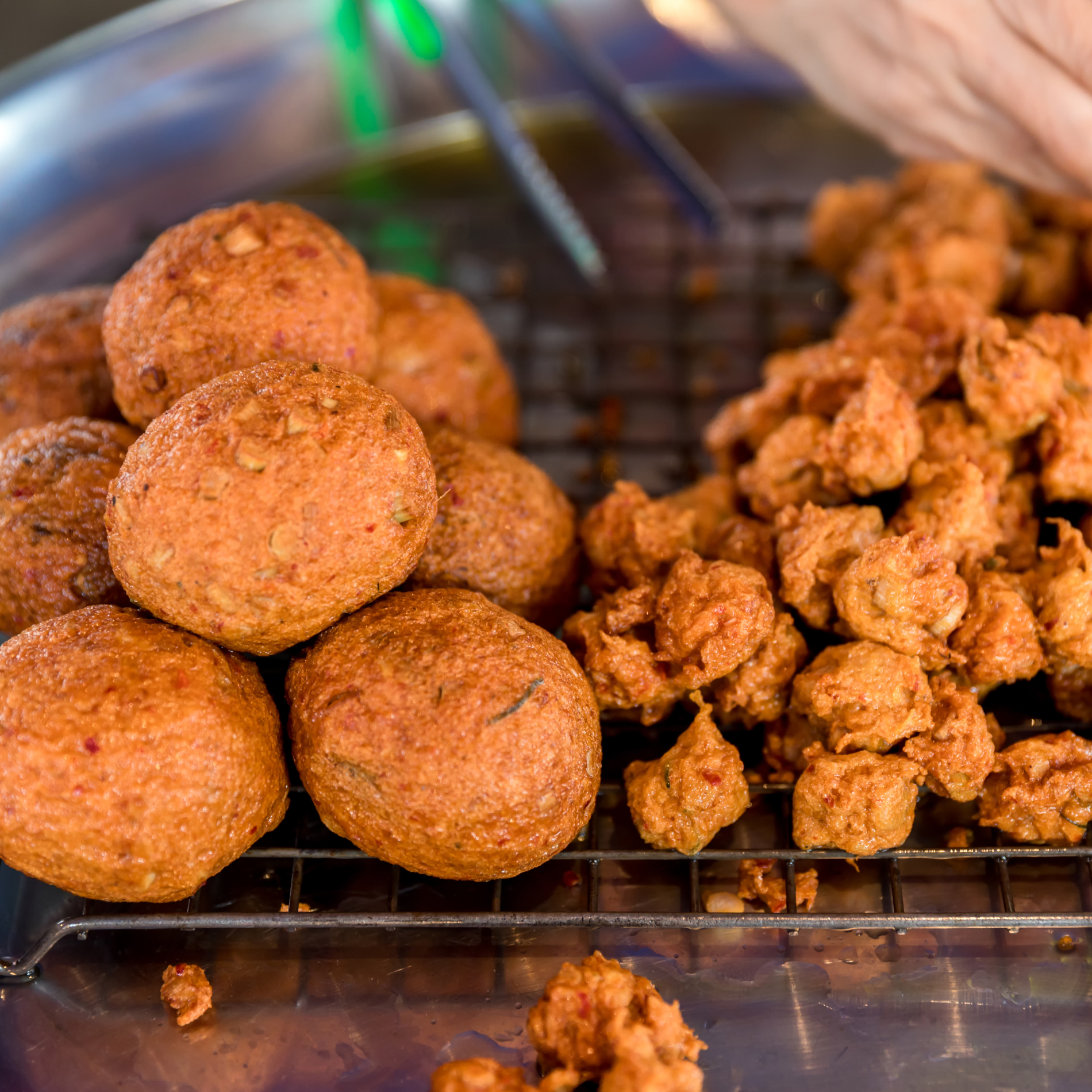
Gluten
Gluten, a protein found in wheat, barley, and rye, can be very harmful to gut health. Especially for people with celiac disease or non-celiac gluten sensitivity. Gluten can cause intestinal inflammation, leading to symptoms such as bloating, gas, and diarrhea. If you suspect that gluten is causing your digestive issues, try eliminating it from your diet for a few weeks to determine if you experience any relief.
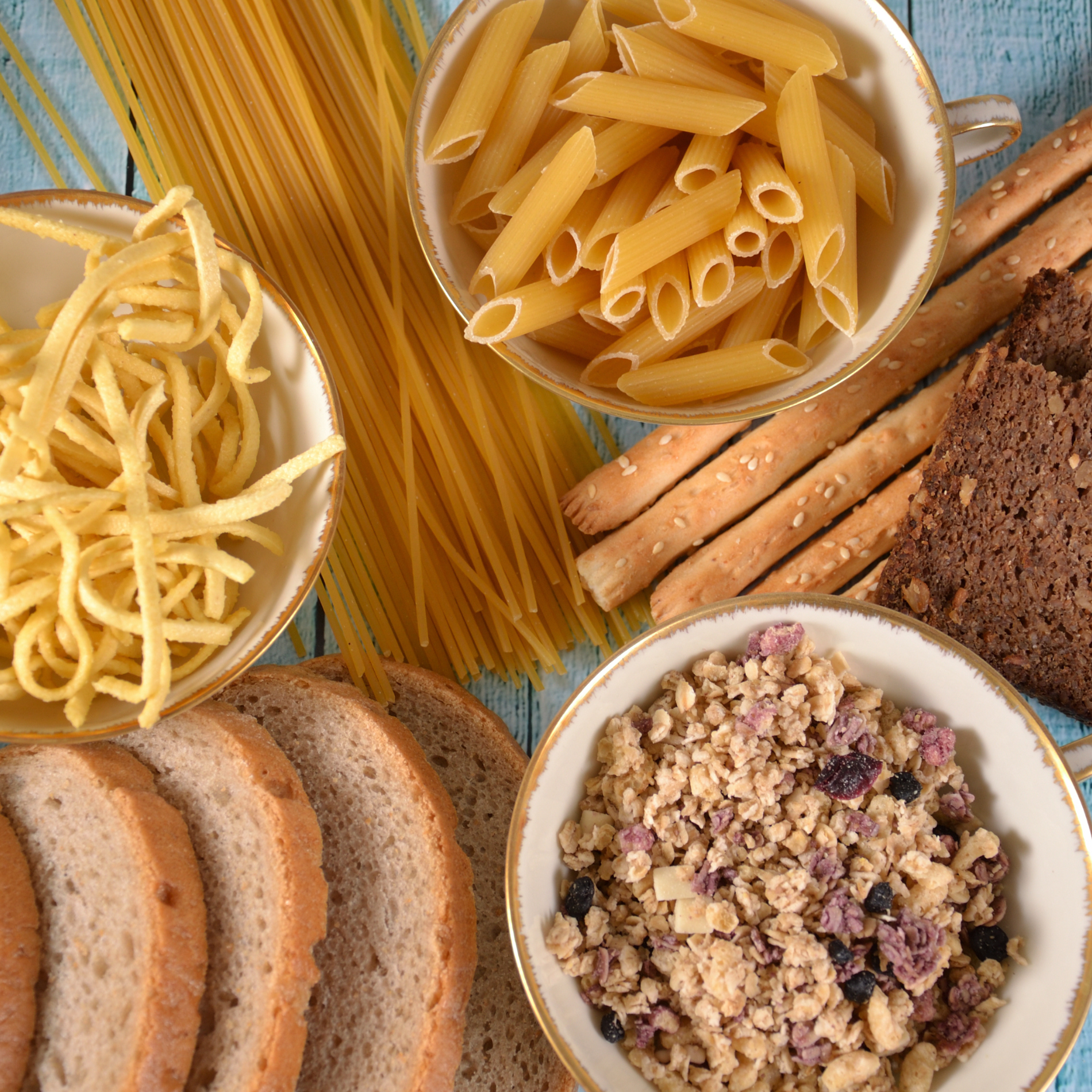
Dairy
Dairy is a food group that can be detrimental to gut health, particularly if you’re lactose intolerant. Milk, cheese, and ice cream are examples of dairy products that can cause gut inflammation, bloating, gas, and other digestive problems. If you struggle to digest dairy, eliminating it from your diet for a few weeks may alleviate your symptoms. Instead of dairy, consider alternatives such as almond milk, soy milk, or lactose-free products, which can provide the same nutrients without causing discomfort.
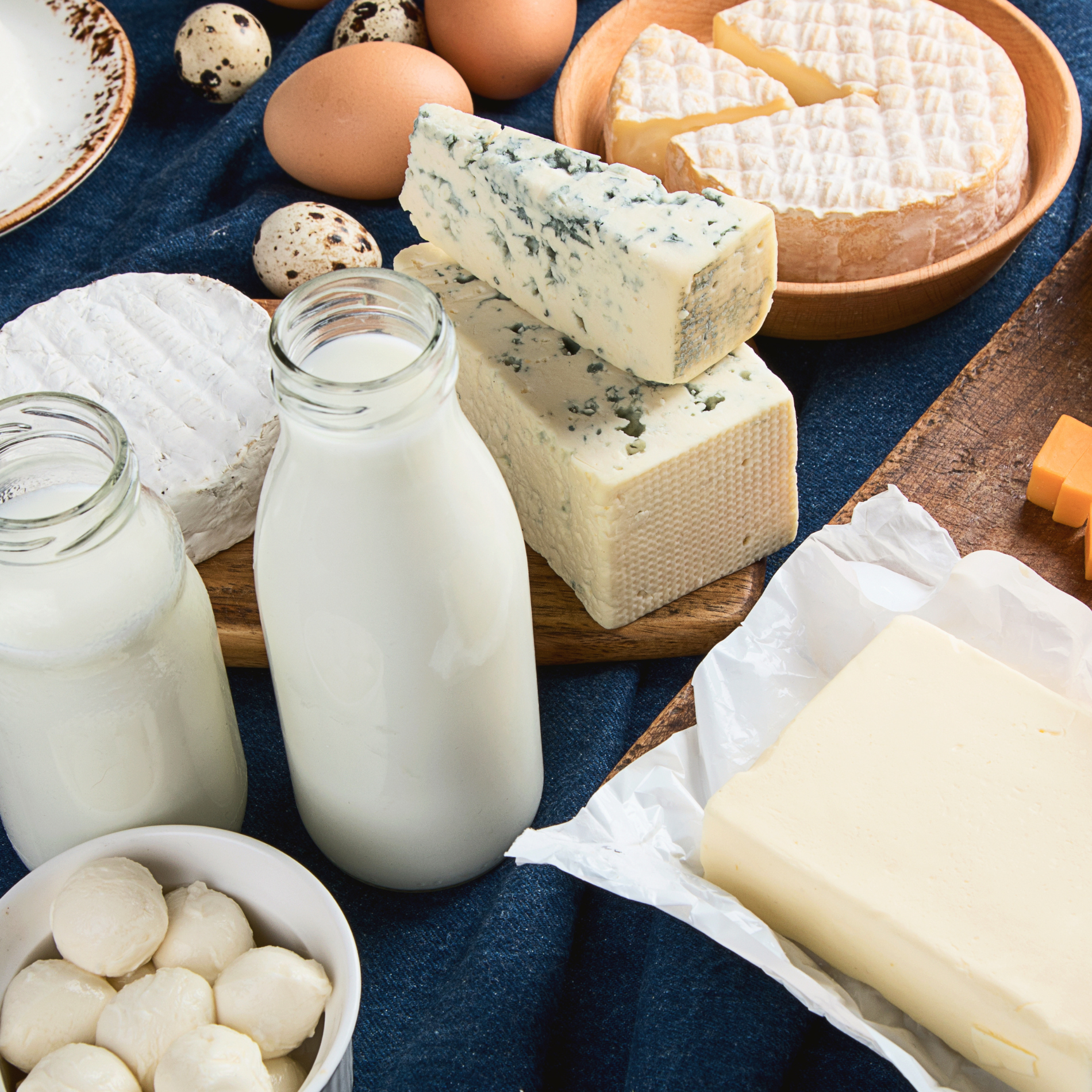
Alcohol
Consuming alcohol can harm gut health by causing inflammation and disrupting the natural balance of microorganisms in your stomach. Alcohol can also damage the lining of your stomach, leading to leaky gut and other health concerns. If you choose to drink, it’s best to limit your intake to one or two drinks per day and avoid binge drinking.

The Benefits of Probiotics for Gut Health
While avoiding certain items is vital for gut health, it’s equally important to concentrate on meals that can support your gut bacteria and maintain gut health. Including probiotics in your diet is one of the greatest methods to achieve this. Live bacteria and yeasts known as probiotics are beneficial to gut health and can aid with digestion, immune system support, and inflammation reduction.
Probiotics can be found in a wide range of foods, including:
Yogurt, Kefir, Sauerkraut, Kimchi, Miso, Tempeh, Kombucha
Probiotic supplements are also available, and can be a convenient way to get a daily dose of healthy bacteria. Look for a high-quality probiotic supplement that contains multiple strains of bacteria and has a high CFU (colony-forming units) count.
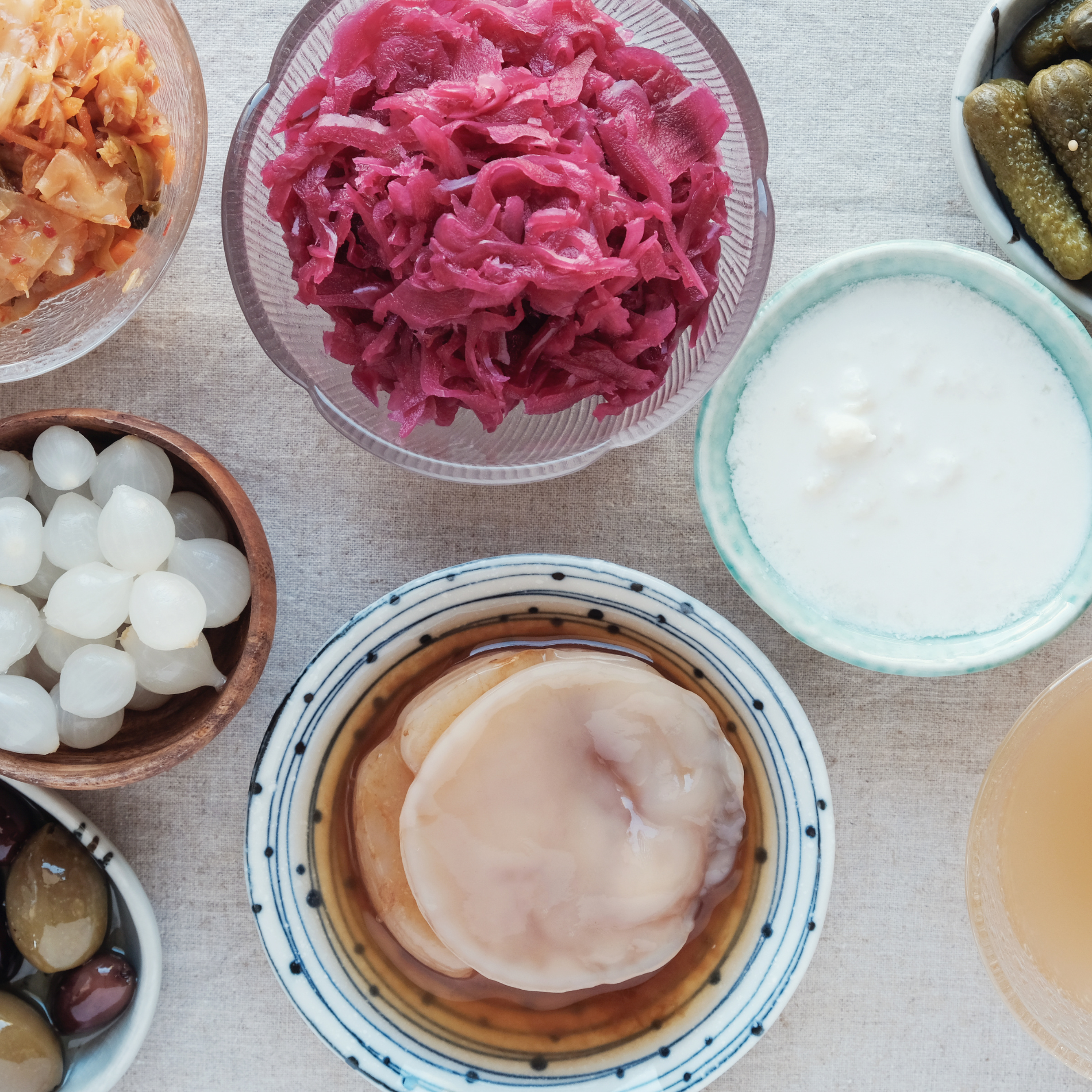
The Benefits of Prebiotics for Gut Health
In addition to consuming probiotics, it’s also important to consume prebiotics, which are a type of dietary fiber that feed the good bacteria in your gut. Prebiotic-rich foods include:
Chicory root, Garlic, Onions, Leeks, Asparagus, Bananas, Apples, Whole grains
Incorporating both probiotics and prebiotics into your diet can help to support your gut health and promote a healthy microbiome.
Several aspects of lifestyle, besides food changes, can affect gut health. The three pillars of preserving gut health are regular exercise, stress management, and adequate sleep. Lack of sleep can cause inflammation and other health issues, and ongoing stress can disturb the balance of microorganisms in your gut.
For more information on probiotics, click here!
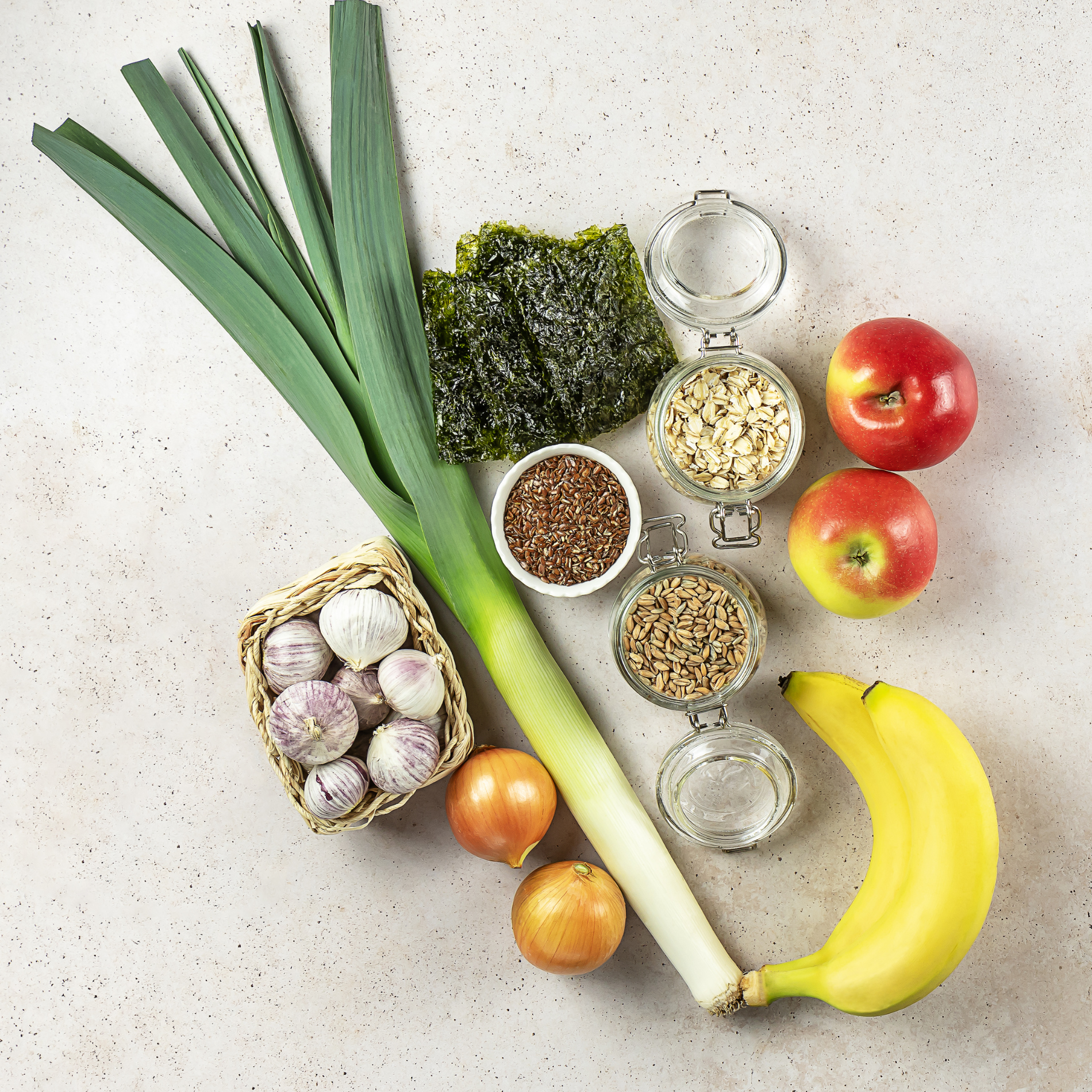
SUMMARY
Finally, it’s critical to stay away from the items that are bad for gut health.Including refined sugar, processed foods, trans fats, gluten, dairy, and alcohol, if you want to improve the condition of your digestive system. Instead, concentrate on including probiotics and prebiotics in your diet. Be sure to look after your general health by getting enough exercise, managing your stress, and getting enough sleep. You may support a healthy microbiome and enhance your general health and wellbeing by implementing these adjustments.


